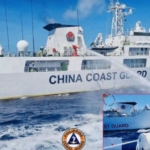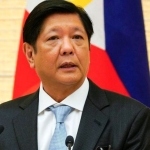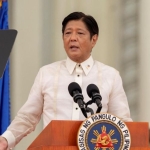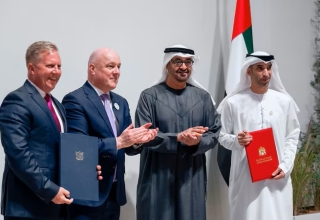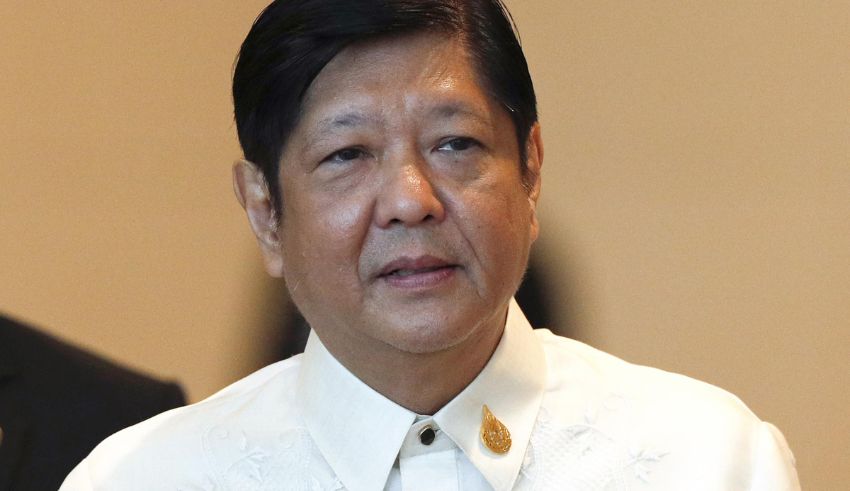
Philippine President Ferdinand R. Marcos Jr. has proposed a new code of conduct (COC) for the South China Sea, which he claims would be more effective and acceptable than the long-delayed COC being negotiated by ASEAN and China.
However, his proposal has been met with skepticism and criticism by other claimants and stakeholders, who see it as a unilateral and unrealistic move that could undermine the existing diplomatic process and regional stability.
Marcos unveiled his new COC at the 17th East Asia Summit in Phnom Penh, Cambodia, on January 2, 2024. He said his COC would be based on the United Nations Convention on the Law of the Sea (UNCLOS) and international law, and would include provisions on dispute settlement, joint development, environmental protection, and freedom of navigation and overflight. He also said his COC would be open to all parties, not just ASEAN and China, and would be legally binding and enforceable.
Marcos argued that his new COC was necessary because the current COC negotiations between ASEAN and China had made little progress and were unlikely to produce a meaningful and comprehensive agreement.
He said the current COC was too vague and weak, and did not address the core issues of sovereignty, maritime rights, and security. He also accused China of dragging its feet and using delaying tactics to avoid committing to a COC that would constrain its actions and ambitions in the disputed waters.
However, Marcos’ new COC was immediately rejected by China, which said it was a violation of the 2002 Declaration on the Conduct of Parties in the South China Sea (DOC), which stipulated that the COC should be negotiated exclusively by ASEAN and China. China also said it was a provocation and interference in its internal affairs, and that it would not accept any COC that infringed on its sovereignty and interests in the South China Sea.
Other ASEAN claimants, such as Vietnam, Malaysia, and Brunei, also expressed their reservations and concerns about Marcos’ new COC. They said they appreciated his initiative and intention, but they preferred to stick to the existing framework and mechanism of the ASEAN-China COC.
Keep Reading
They said they did not want to antagonize China or jeopardize the fragile trust and cooperation that had been built over the years. They also said they doubted the feasibility and legitimacy of Marcos’ new COC, which they said lacked consultation and consensus among the relevant parties.
Even the United States, which has been a vocal supporter of the Philippines and a critic of China in the South China Sea, was cautious and ambivalent about Marcos’ new COC. The US said it welcomed any efforts to promote peace and stability in the region, but it also urged the Philippines to respect and coordinate with ASEAN and China in the COC process. The US said it did not want to see any unilateral or divisive actions that could escalate tensions and complicate the situation in the South China Sea.
Marcos’ new COC, therefore, is a non-starter. It is unlikely to gain any traction or support from the other parties involved in the South China Sea dispute. It is also likely to backfire and harm the Philippines’ own interests and reputation.
Instead of pursuing his own COC, Marcos should work with ASEAN and China to expedite and improve the existing COC negotiations, and to seek peaceful and pragmatic solutions to the complex and sensitive issues in the South China Sea.
